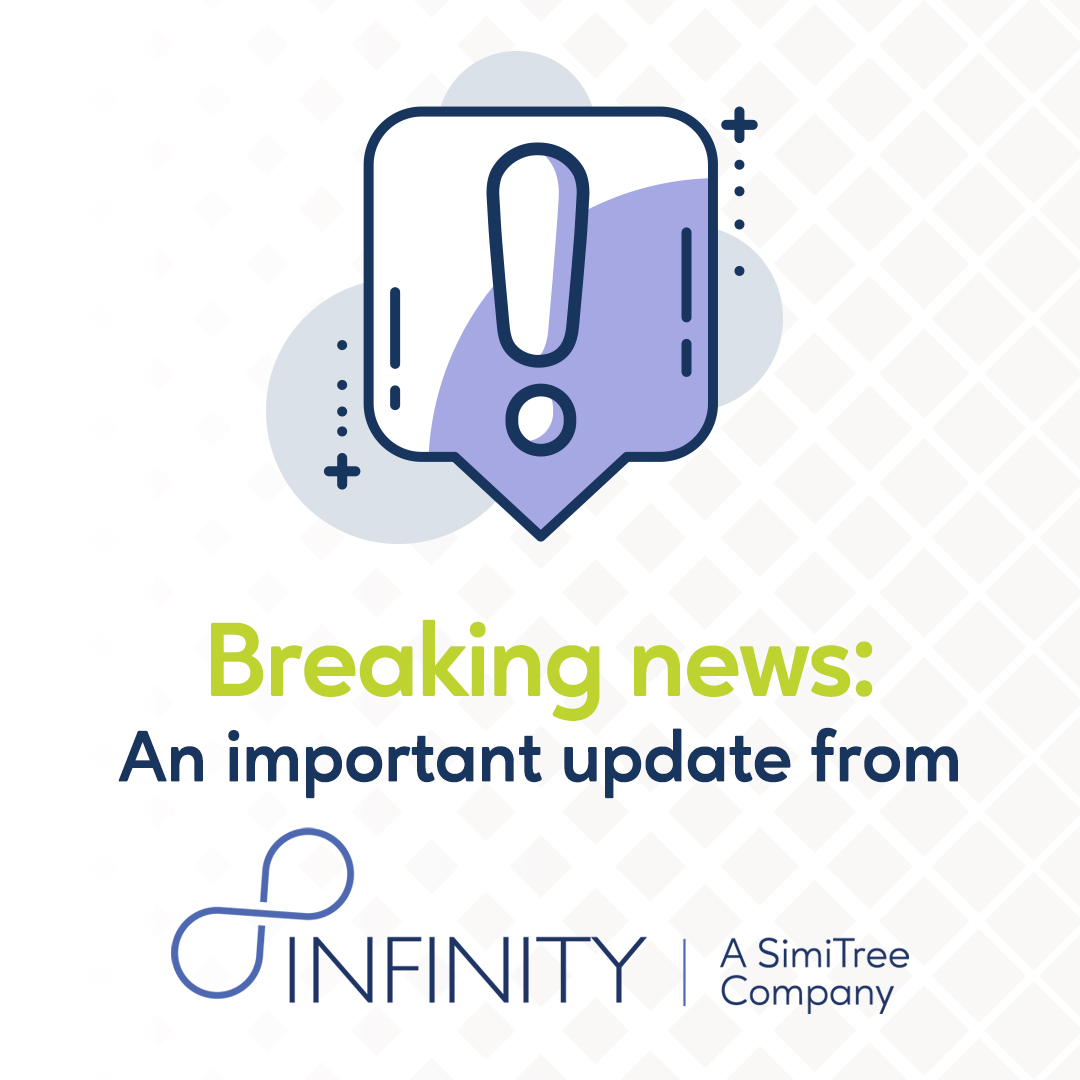
Behavioral health care staff should take note as monkeypox declared PHE
Clinicians and other behavioral healthcare staff should take appropriate action now that the ongoing spread of monkeypox virus in the United States has been declared a Public Health Emergency (PHE), according to INFINITY consultants.
U.S. Department of Health and Human Services Secretary Xavier Becerra officially declared the PHE on Thursday, Aug. 4. Read the PHE announcement.
Becerra’s declaration followed days of speculation and confusion about whether a PHE was already in effect, driven largely by an earlier World Health Organization announcement that the monkeypox outbreak has become a public health emergency of international concern. The WHO reports cases of monkeypox in 87 countries.
In the U.S., cases of monkeypox topped 6,600 this week, with cases reported in all states except Montana and Wyoming, as well as in Washington, DC, and Puerto Rico.
Declaring monkeypox a PHE in the U.S. makes it possible to use funding, resources and regulatory flexibilities as needed to respond to the virus. A PHE enables the Secretary to enter contracts for treatments or other necessary medical sullies and equipment.
Public health emergencies last for 90 days but may be renewed by the Secretary each 90 days, as often as needed, as in the case of COVID–19.
“The Health and Human Services Secretary has urged everyone to take monkeypox seriously,” said Debra Grott, Senior Manager for Compliance, Regulatory and Quality at SimiTree, a strategic partner of INFINITY.
Some behavioral healthcare patients may fall into a higher risk group of individuals more likely to experience disease severity and adverse outcomes due to a diagnosis of HIV and other immunocompromising conditions. Age may also be a consideration for behavioral healthcare programs targeting adolescents. The CDC has identified high-risk individuals as people with HIV, individuals who are immunocompromised, children, adolescents, and people who are pregnant or breastfeeding.
“Behavioral healthcare organizations, and all other healthcare organizations, will need to respond with vigilance, staying abreast of all updated guidance for clinicians from the CDC,” Grott said.
She and other INFINITY/SimiTree consultants offer the following guidance for organizations.
- Know clinical considerations. On July 29, the CDC made available updated guidance for clinicians summarizing clinical considerations for preventing, diagnosing, and managing monkeypox. The new clinical guidance addresses treatment and preventative considerations for people with HIV, individuals who are immunocompromised, children, adolescents, and people who are pregnant or breastfeeding, all of whom may be at risk for increased disease severity and adverse health outcomes associated with monkeypox infection. Clinicians should be familiar with unique clinical considerations for monkeypox in these patient populations. Download the updated guidance.
- Stay abreast of changing guidelines. Updates from the CDC occur frequently in developing PHE situations. Review the CDC site regularly for changes. Clinical guidance may be found here.
- Ensure clinical vigilance. A broad diagnostic approach is encouraged to distinguish monkeypox virus infection from other causes of fever and rash illness. Testing should be performed on persons for whom monkeypox is suspected based on clinical presentation or epidemiologic criteria. Clinicians should consult their state or territorial health department (State Contacts) or CDC through the CDC Emergency Operations Center (770-488-7100) as soon as monkeypox is suspected.
- Update Infection Control, Pandemic Response and Emergency Preparedness policies. Most organizations will need to review and update a number of programs and policies with appropriate measures for preventing, assessing and responding to the threat of the monkeypox virus. Make certain infection control measures are current, aligned with updated guidance from the CDC, and be sure to provide staff training and education on the virus.
INFINITY can help
When your behavioral health organization has questions about compliance, INFINITY has the answers you need. Our seasoned healthcare consultants have the regulatory expertise to help you work more efficiently and maintain full compliance.
In addition to compliance expertise, INFINITY offers a wide range of other solutions to help increase cash flow, improve collection rates and increase patient treatment days for your behavioral health practice. More information on those solutions can be found here.
Use the form below to contact us about how INFINITY can help make about make your organization stronger.
